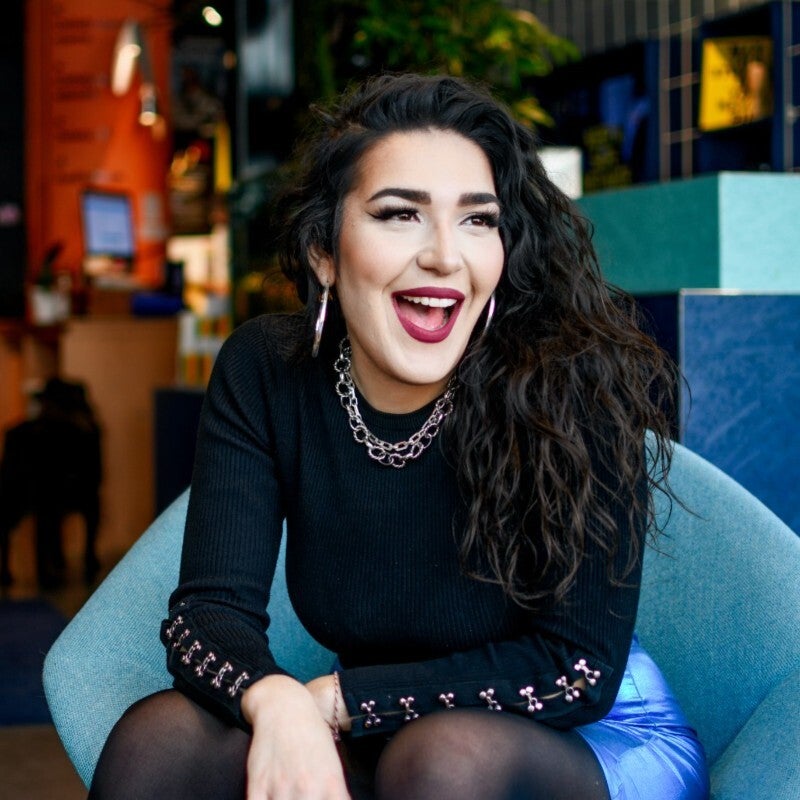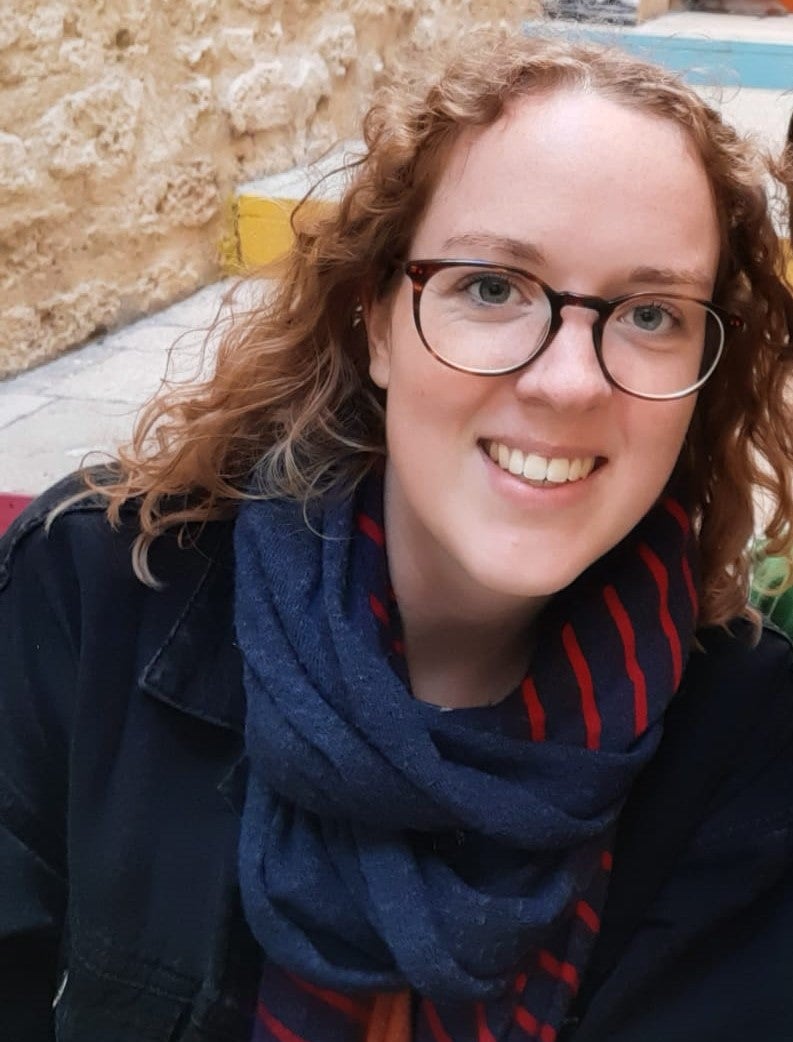Research-creation is an approach to research that engages artistic expression, scholarly investigation, curiosity, and experimentation. In research-creation, the process of creation is integral to the research process. This means that research topics are selected and explored through a creation process, such as the production of a film or video, performance or installation, sound-work (e.g. podcast, sound-walking), zine, or multimedia arts/texts.
Research-creation is important in a variety of fields, cultural institutions, and disciplines. In recent years, universities have used it to boost their public profiles and promote community-engaged collaborations. That being said, the increasing institutionalisation of research-creation must be approached critically, and situated within a broader context of power relations within academia, education, and research. For this reason, in this course, research-creation will be framed as an intervention and invitation for scholars to push disciplinary boundaries, challenge taken-for-granted assumptions about what academic work entails, and consider ways to make their work more sustainable, accessible, and responsive to issues concerning social justice.
Special attention will be given to research-creation projects that critically address the ways in which gender, sexuality, race, ethnicity, class, age, religion, dis/ability and other intersecting categories of difference shape our experiences of the world. The course will pair reading-based discussions with examples of research-creation in practice, and engage with broader discussions concerning methodology, engaged scholarship, and ethics. To this end, this course will include presentations by scholars and practitioners from inside and outside of academia.
By foregrounding lived experiences with research-creation in practice, this course aims to highlight the possibilities, as well as the pitfalls, of research-creation.
Learning objectives
By the end of this course, students will:
• Have a deeper understanding of the possibilities and pitfalls of research-creation.
• Have a broader perspective on research methods and ways to “go public” with/share research findings.
• Be able to challenge normalised assumptions about how to “do” research.
• Have cultivated a critical perspective of academia, academic research, and collaboration.
• Be able to consider the ethical implications of research-creation and how to go about the research-creation process with care and intention.
• Feel inspired to pursue research-creation within their scholarship.
Forms of tuition and assessment
The course will be taught through lectures, seminars, and interactive workshops. Readings should be completed in advance. Students are expected to come to class prepared to participate actively in each session.
There will also be approximately 35 hours of self-study that students will need to make time for. These will be divided into 15 hours in preparation for the course and 20 hours for the final assignment.
The final grade of the course will be the sum of: attendance and active participation, daily 'sound walks', a final reflection, and a co-created zine.






